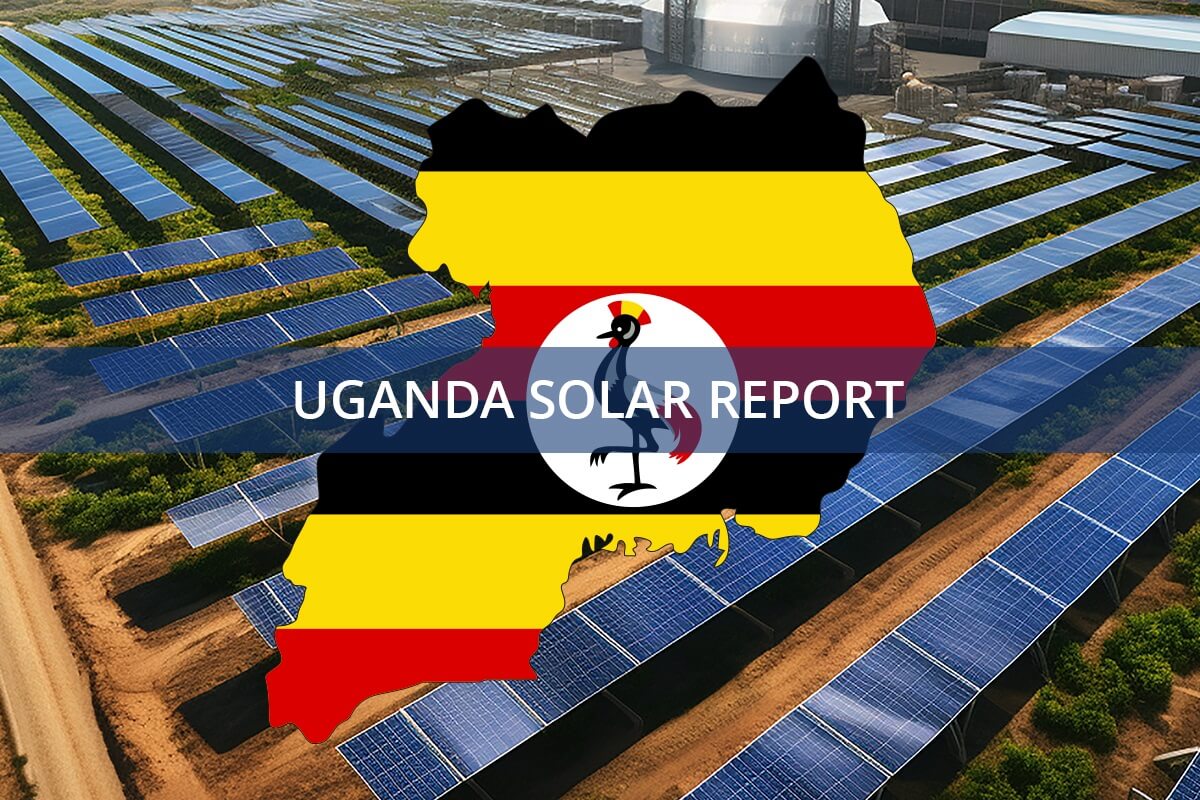Uganda is grappling with a severe energy crisis marked by escalating electricity tariffs, financial mismanagement, and a growing disconnect between power production and consumption. The government must urgently address these issues by enforcing regulatory oversight, promoting transparency, and encouraging private sector investment to ensure the sustainability of the energy sector.
Rising Tariffs and the Uganda Energy Crisis
Uganda’s energy sector is confronting a crisis characterized by skyrocketing electricity tariffs, financial mismanagement, and a widening gap between power generation and consumption. The government has been subsidizing electricity tariffs for large consumers like manufacturers, ostensibly to boost industrialization and job creation. However, these subsidies are unsustainable, with the government spending over Shs 800 billion annually to keep tariffs low.
Despite these subsidies, the financial health of the energy sector continues to deteriorate, leading to successive increases in electricity tariffs for other consumers. Residential customers, for instance, have seen a 5% increase in their tariffs, while large industrial consumers have experienced a 7% hike.
The government’s decision to subsidize electricity tariffs has led to financial strain on the Uganda Electricity Distribution Company Limited (UEDCL) and other players in the energy sector. These companies are now forced to borrow at high-interest rates to meet their obligations, further exacerbating the financial crisis.
Ready to make big Profits?
The solar Industry is Booming
WE HELP NEWCOMERS to the solar industry start their own solar module production line. Customers can make BIG PROFITS by selling modules and finding investors, without wasting money and time on things they don't need!
Mismanagement and the Uganda Energy Crisis Market Dynamics
The mismanagement of the energy sector is evident in the continued reliance on thermal power plants like Jacobsen and ElectroMaxx, which are less efficient and more expensive than hydroelectric sources. Despite Uganda’s abundant hydroelectric potential, the government has failed to prioritize investment in more sustainable and cost-effective energy sources.
Moreover, the high cost of electricity has made Ugandan products uncompetitive in regional markets, undermining the very industrialization goals that the subsidies were meant to achieve.
The government’s focus on large-scale industrial consumers has also led to a neglect of smaller consumers and residential users, who now bear the brunt of the tariff increases. This imbalance in the energy market has created a situation where the cost of electricity is rising faster than consumption, which in turn affects production and reduces demand.
Power Purchase Agreements and Their Impact on the Uganda Energy Crisis
Power Purchase Agreements (PPAs) have become a major burden for the government, with power producers guaranteed payment even if the electricity produced is not consumed. This has led to a situation where the government is obligated to pay for unused power, further straining the already stretched resources.
The PPAs were initially designed to attract private investment in the energy sector, but they have now become a liability due to the government’s failure to match power production with consumption. The mismatch between supply and demand has resulted in significant financial losses for the government, which has to honor these agreements regardless of actual electricity consumption.
Urgent Reforms Needed to Address the Uganda Energy Crisis
Uganda’s energy crisis requires urgent reforms to address the underlying structural issues that have led to the current situation. The government must prioritize transparency and accountability in the management of the energy sector, ensuring that funds allocated for electricity subsidies are used effectively and efficiently.
A comprehensive review of the PPAs is also necessary to align them with the country’s current energy needs and financial capabilities. Additionally, the government should focus on expanding access to affordable electricity for all consumers, not just large industrial users.
To achieve a sustainable energy sector, Uganda needs to invest in renewable energy sources and promote energy efficiency across all sectors. The government should also encourage private sector participation in the energy market by creating a conducive environment for investment and innovation. For instance, the recent subsidy program for renewable energy products is a step in the right direction.
Conclusion: Overcoming the Uganda Energy Crisis
Uganda’s energy crisis is a complex issue that requires a multifaceted approach to resolve. The government must take decisive action to address the financial mismanagement, policy inconsistencies, and market dynamics that have led to the current situation.
By implementing the necessary reforms and promoting sustainable energy practices, Uganda can overcome its energy crisis and build a more resilient and competitive economy. Exploring alternative renewable energy sources, such as solar energy, can also provide a sustainable solution, as evidenced by successful projects like the Ugandan Hospital Solar Initiative.

